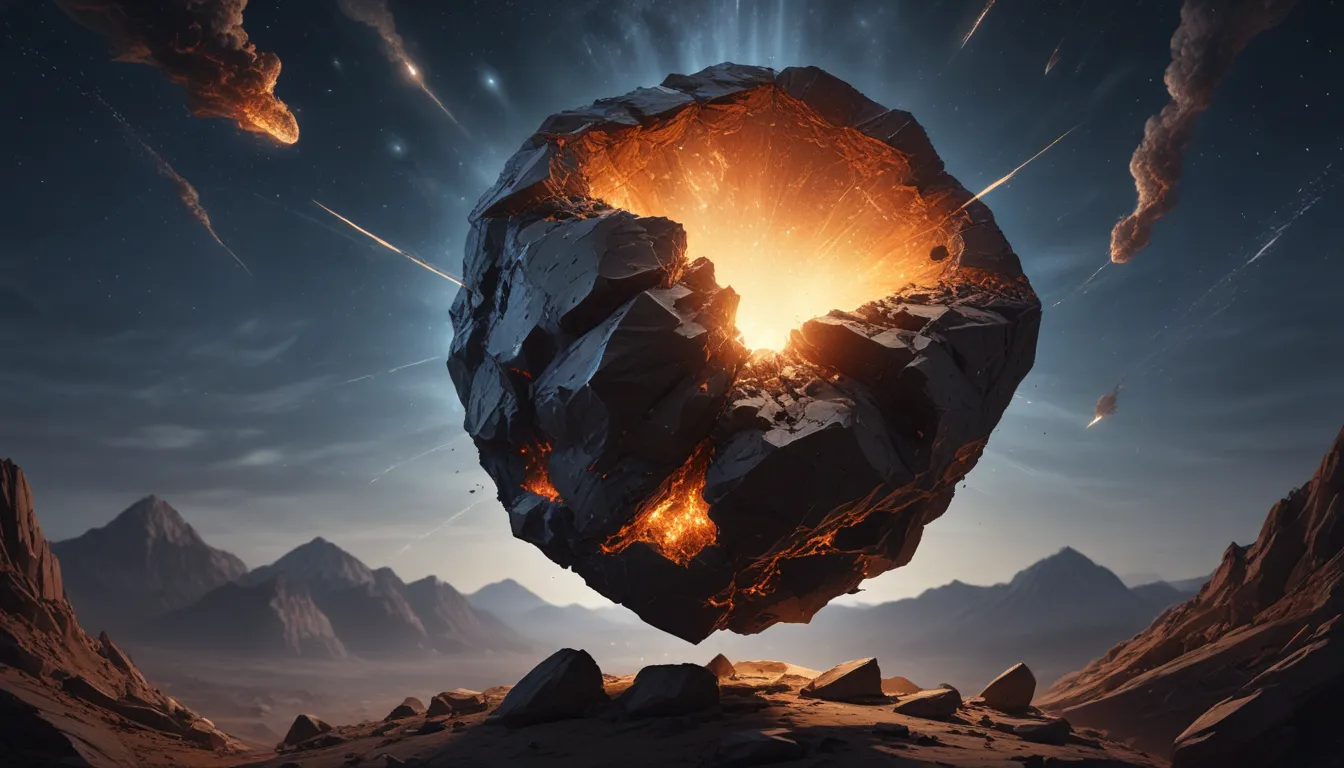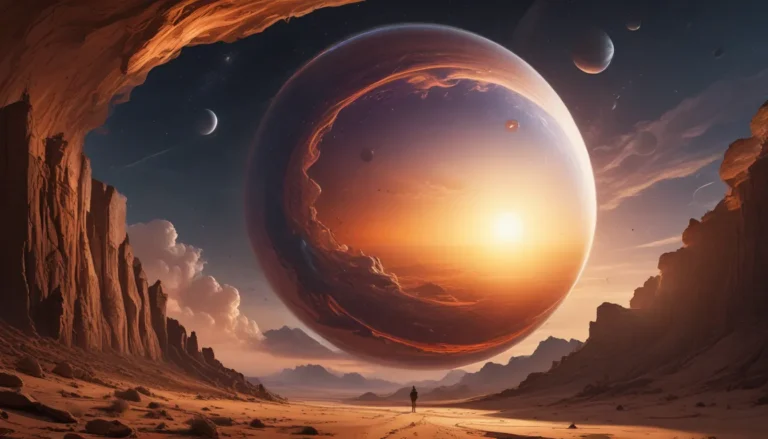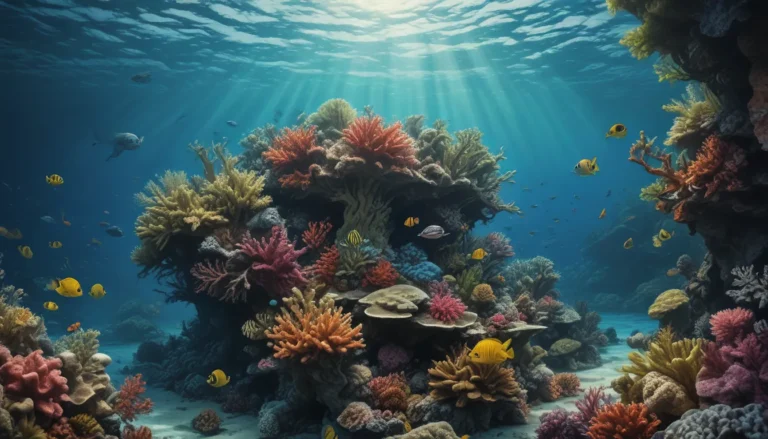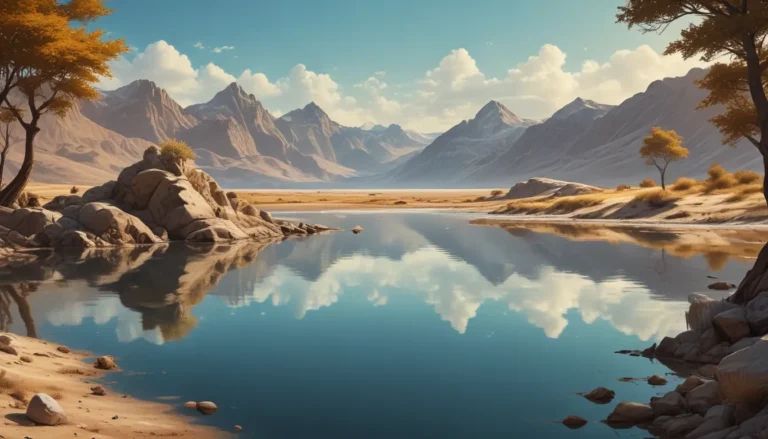The pictures we use in our articles might not show exactly what the words say. We choose these pictures to make you interested in reading more. The pictures work together with the words but don’t take their place. The words still tell you the important facts.
Are you ready to embark on an exciting journey through the cosmos? Meteorites, those extraterrestrial rocks that have captured our imagination for centuries, are more than just rocks from space. They hold within them the secrets of the universe, providing us with valuable insights into the formation and history of our solar system. In this article, we will uncover eight captivating facts about meteorites that will leave you astounded and eager to learn more about these cosmic wonders.
Meteorites: Remnants of Space Debris
Meteorites are not just any rocks; they are pieces of space debris that have survived the journey through the Earth's atmosphere to land on our planet's surface. These extraterrestrial rocks can vary in size and composition, ranging from tiny fragments to massive boulders. They come from a variety of sources, including asteroids, comets, and even the Moon.
Valuable Insights into Solar System Formation
By studying meteorites, scientists can gain valuable information about the early stages of our solar system's development. These celestial objects contain clues about the age, composition, and processes that shaped our cosmic neighborhood. Meteorites provide a unique window into the past, allowing us to uncover the mysteries of our solar system's formation.
The Unique Appearance of Fusion Crust
One of the distinctive features of meteorites is their fusion crust, a sleek black coating that forms on the outer layer of the rock when it enters Earth's atmosphere. This fusion crust is a result of the intense heat and pressure experienced during entry, protecting the inner material from weathering and preserving its original characteristics. It's like a protective shell that keeps the meteorite's secrets intact.
Rare Elements and Minerals in Meteorites
Many meteorites contain rare elements and minerals that are not commonly found on Earth, making them highly valuable to scientists and collectors. These extraterrestrial riches include rare metals like iridium, which is more abundant in meteorites than on our planet. Studying the composition of meteorites can provide valuable insights into the elements present in our solar system.
Impact Craters and Environmental Effects
When a large meteorite collides with the Earth's surface, it can create a massive impact crater like the famous Barringer Crater in Arizona. These craters serve as evidence of the powerful forces that meteorites can unleash upon impact. Meteorite impacts can have significant effects on the Earth's environment, shaping its history and triggering changes that reverberate through time.
Organic Compounds and Origins of Life
Scientists have discovered that some meteorites contain organic compounds, including amino acids, sugars, and even traces of DNA building blocks. These findings have sparked excitement among researchers, as they could provide insight into the origins of life on Earth. Meteorites may hold the key to unlocking the mysteries of life's beginnings and our place in the universe.
The Allure of Collecting Meteorites
The thrill of owning a piece of space drives a thriving market for meteorites among collectors and enthusiasts. They are willing to pay hefty prices for these extraterrestrial treasures, whether for scientific research, aesthetic appeal, or simply the fascination with the mysteries of the cosmos. Meteorites hold a special allure that transcends their scientific value, captivating individuals with their unique origin and history.
Delving Deeper into Meteorites
Meteorites are more than just rocks from space; they are windows into the past, offering us a glimpse of the universe's history and mysteries. From their origins in space to their impact on Earth, meteorites continue to fascinate scientists and enthusiasts alike. By studying their composition, analyzing their impact craters, and uncovering their organic compounds, we can expand our understanding of the cosmos and our place within it.
FAQs About Meteorites
- What is a meteorite? A meteorite is a solid piece of debris that originates from outer space and survives its journey through Earth's atmosphere to land on the surface.
- How are meteorites formed? Meteorites are formed through the fragmentation and collision of larger celestial bodies such as asteroids or comets.
- What are the different types of meteorites? The three main types of meteorites are iron meteorites, stony meteorites, and stony-iron meteorites.
- How old are meteorites? Meteorites can range in age from just a few thousand to billions of years old, offering valuable information about the early solar system.
The wonders of meteorites are endless, and there is still so much to discover and explore in the realm of celestial objects. Whether studying their composition, investigating their impact craters, or uncovering their organic compounds, meteorites continue to spark our curiosity and ignite our imagination. Join us on this journey of discovery as we delve deeper into the mysteries of the universe through the captivating world of meteorites.






